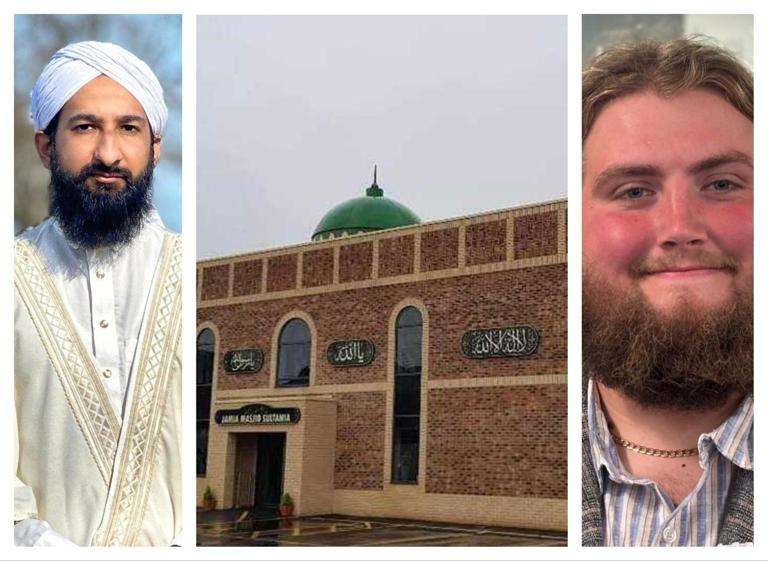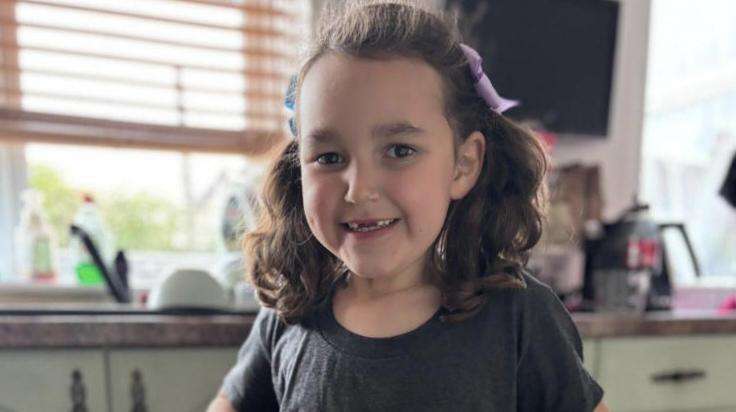A coroner's inquest has concluded that a 14-year-old girl was unlawfully killed at a private psychiatric unit after an agency support worker, who was using a false identity, failed to keep her under observation. The jury's findings have ignited a fierce debate about the systemic issues within the UK's mental health care system, particularly the use of unvetted agency staff and a shortage of suitable facilities for vulnerable young people.
Unlawful Killing and Systemic Failures
Ruth Szymankiewicz, a bright and adventurous girl with complex mental health issues, was a patient at the privately run Huntercombe hospital near Taplow, Buckinghamshire, in February 2022. She was deemed a high suicide risk and required constant observation. The inquest heard that the agency worker, who was later identified as having used a stolen identity, left her unattended. This lapse in care allowed Ruth to harm herself in her room. She died two days later, leaving a "gaping hole" in her family, as her GP and consultant surgeon parents, Kate and Mark Szymankiewicz, shared.
The inquest jury pointed to several factors contributing to Ruth's death. They highlighted serious concerns about the training and induction of agency staff at Huntercombe, and noted that Ruth was able to access the materials she used to harm herself. Furthermore, she did not receive therapy that may have helped her, and limited family visits may have negatively impacted her wellbeing. The jury also heard that she was able to access harmful material on her phone.
The Problem of Agency Staff and Lack of NHS Facilities
The case of Ruth Szymankiewicz has brought to light a "toxic catch-22" within the mental health system, as described by Andrew Molodynski of the British Medical Association. Mental health inpatient units, which care for the most high-risk individuals, often rely on agency staff, leading to a "gap in accountability" regarding their vetting and training. Health experts and charities like Mind have long warned that an over-reliance on agency staff can compromise patient safety and, in the worst cases, lead to serious harm or death.
During the inquest, Dr. Gillian Combe, the clinical director for the provider group that commissioned Ruth’s placement, expressed her frustration with regulations in England that hinder the creation of new NHS units. This forces providers to rely on private units, a situation she linked to Andrew Lansley's changes to the NHS between 2010 and 2012. She noted that at the time, there were no psychiatric intensive care units for children and young people in the entirety of south-west England. This lack of NHS capacity pushes vulnerable patients into private facilities that may not be adequately equipped.
Aftermath and Ongoing Concerns
The inquest also revealed a shocking detail about the agency worker. After learning of Ruth's death, the individual, who had used the false identity "Ebo Acheampong," fled to Ghana. Thames Valley police confirmed they know his real identity but lack sufficient evidence to extradite him.
The former Huntercombe hospital has since closed, but Dr. Amit Chatterjee, the chief medical officer for its parent company, Active Care Group, told the inquest that the company has worked to improve its recruitment and induction processes at its other sites. Jodie Anderson of the charity Inquest called the jury’s findings "a stark indictment of a mental health system that sent a vulnerable child far from home to a private unit with dangerously inadequate care." This tragic case serves as a powerful reminder of the ongoing issues with the UK's mental health system, including its fragmented care model and the critical need for better oversight of agency staff.

_8.jpg)

_7.jpg)



_1.jpg)
.svg)


